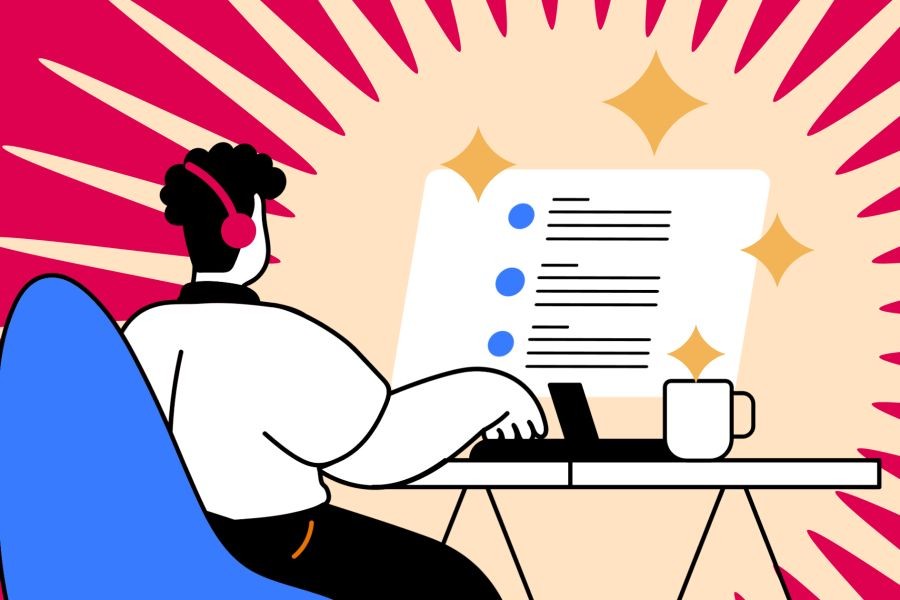Buying your first home is an exhilarating yet daunting task, especially in a market as dynamic as New Zealand's. However, one of the greatest fears for any first-time homebuyer is the possibility of overpaying. With New Zealand's real estate market having experienced a significant boom over the past decade, largely driven by factors such as low interest rates and foreign investments, understanding whether you're overpaying is crucial. In 2021, property prices in New Zealand surged by nearly 30% year-on-year (Source: Stats NZ). This article delves into the seven signs you might be overpaying for your first home, offering insights tailored to the New Zealand context.
1. Comparable Properties in the Area Are Selling for Less
One of the fundamental steps in buying a home is to compare the property’s price with similar homes in the area. If comparable properties are selling for significantly less, this could be a red flag. In Auckland, for instance, where the average price for a home in 2023 is around NZD 1.1 million (Source: REINZ), paying more without justifiable reasons could indicate overpayment.
2. The Property Has Been on the Market for a Long Time
A property that lingers on the market for an extended period may suggest it is overpriced. In New Zealand, the average time a property stays on the market is about 30-45 days (Source: MBIE). If your prospective home has been up for sale much longer, it warrants a closer look at the asking price.
3. Unreasonable Price Growth Expectations
Some sellers price homes based on expected future growth which may not be realistic. New Zealand's Reserve Bank has indicated a potential slowdown in property price growth due to increasing interest rates. Thus, paying a premium based on speculative future gains could be risky.
4. The Property Requires Major Repairs
While some newly purchased homes may need cosmetic touch-ups, major repairs could indicate you're overpaying. Ensure you get a thorough property inspection to avoid unexpected costs that surpass your budget. Properties in Wellington, for example, require a keen eye due to seismic risks.
5. Absence of Key Amenities
A property lacking in essential amenities such as schools, shops, and public transport networks might be overpriced. This is particularly relevant in areas like Christchurch, where new infrastructure is still developing post-earthquake.
6. Emotional Buying Decisions
Buying based on emotions rather than logic can lead to overpayment. This is a common pitfall for first-time buyers, often swayed by aesthetic appeal rather than fundamental value. Avoid falling in love with a property to the point of overlooking its fair market price.
7. Insufficient Market Research
Failing to conduct adequate market research can lead to overpayment. Utilize resources like the New Zealand Property Investors’ Federation and property market reports to ensure you have a comprehensive understanding of the market dynamics.
Case Study: The Auckland Housing Market
In recent years, Auckland's housing market has been a hotbed for property speculation. In 2022, a first-time buyer purchased a home in the city’s Mount Eden suburb for NZD 1.5 million. Market analysis later revealed comparable homes were priced closer to NZD 1.2 million. After realizing the mistake, the buyer attributed the overpayment to emotional decisions and inadequate market research. This case highlights the importance of grounding decisions in data rather than emotion.
Common Myths & Mistakes
Myth: "Buying a more expensive home guarantees higher future returns." Reality: The return on investment is more dependent on location and market conditions than the initial price.
Myth: "You should always bid aggressively to secure a property." Reality: Strategic offers based on market data often lead to better financial outcomes.
Future Trends & Predictions
Looking ahead, the New Zealand housing market is expected to stabilize, with growth rates normalizing as interest rates rise. By 2026, the Reserve Bank of NZ projects a modest increase in housing supply, which could lead to more competitive pricing. Buyers who remain informed and patient will be better positioned to capitalize on these trends.
Final Takeaways
- Always compare the property’s price with similar homes in the area.
- Be wary of properties that have been on the market for longer than average.
- Conduct thorough market research before making a purchase.
- Consider both immediate and long-term costs, including necessary repairs.
Ready to dive deeper into New Zealand’s real estate market? Engage with local property experts or join forums like PropertyTalk to exchange insights and experiences. Your first home is a significant investment—ensure it’s a wise one.
People Also Ask
How does overpaying for a home impact New Zealand buyers?Overpaying can lead to financial strain and reduced investment returns. With high property demands, Kiwi buyers must ensure their purchases reflect true market values.
What are the biggest misconceptions about first-time home buying?A common myth is that bidding high ensures property acquisition. However, strategic offers based on market data are more financially prudent.
Related Search Queries
- Signs of overvalued property in NZ
- How to negotiate house prices in New Zealand
- First-time homebuyer tips NZ
- Understanding property market trends in NZ
- Common mistakes when buying a house in New Zealand


































aleishacramsie
12 days ago